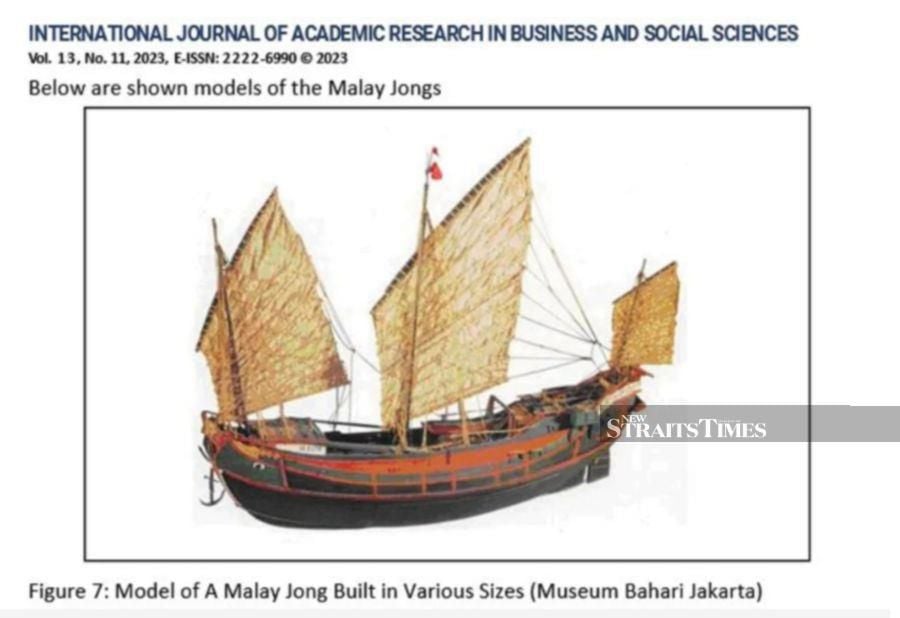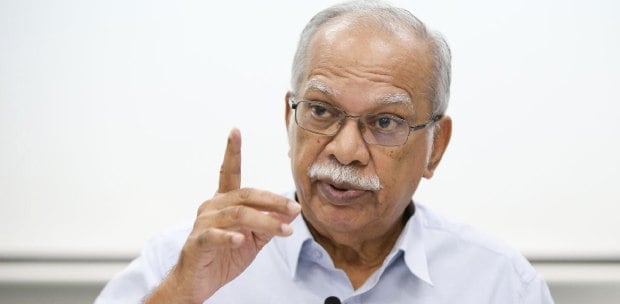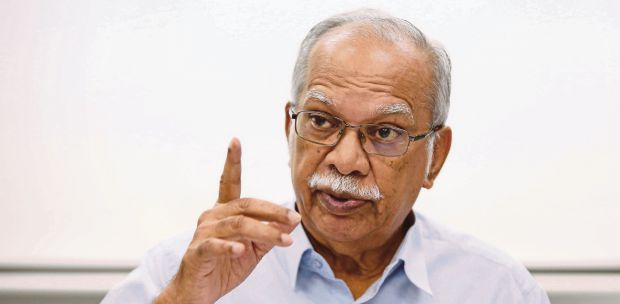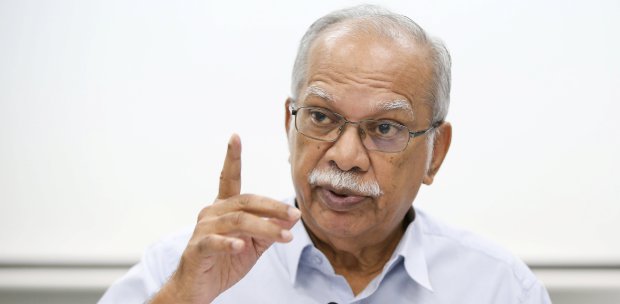KUALA LUMPUR: Distortion of facts is deemed as severe as plagiarism in academia, where it can range from misappropriating the work of others to lesser forms of not acknowledging the sources.
Former DAP leader Dr P. Ramasamy said Malaysian universities rarely take disciplinary action against academics involved in such misconduct.
While plagiarism is a critical issue globally, he said a lack of stringent measures has allowed plagiarism to seep into the academic work of students.
"Universities might not admit the seriousness of the plagiarism issue, but it exists like an elephant in the room.
"If the Harvard University standards are applied to our local universities, there will be many academic casualties.
"Plagiarism is not only an academic crime in academia; there are also crimes associated with the distortion of facts and figures," he said in a statement today.
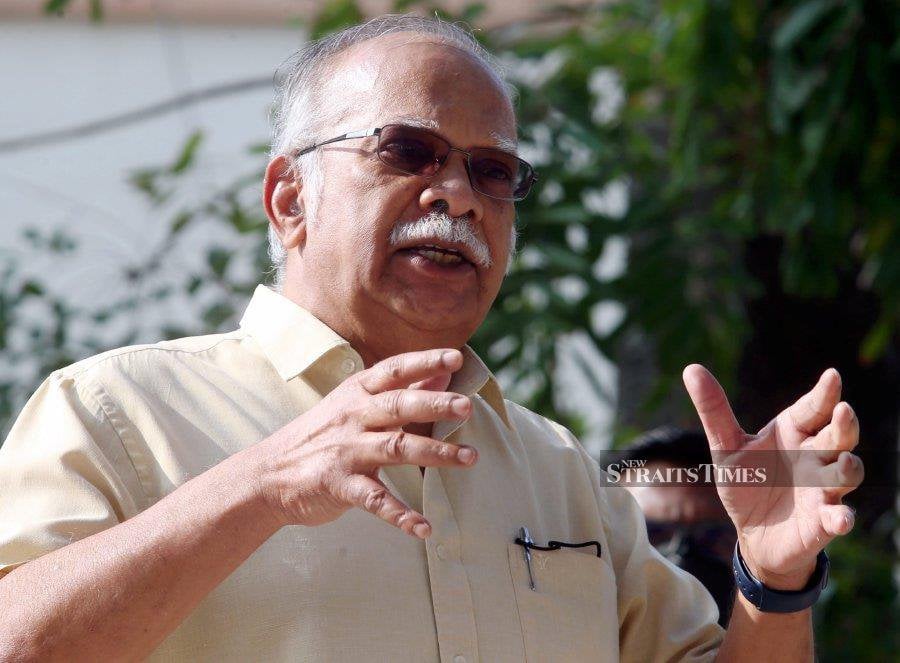
Ramasamy referenced a recent incident where a maritime peer-reviewed article by two academics from a local university raised questions about the accuracy of historical data.
He said a historian pointed out that the identified jong was Foochow pole jong and not as native to Southeast Asia or the Malay World.
The university has acknowledged the seriousness of the matter and initiated an investigation.
However, the university defended that research and publications in the social sciences often entail interpretations.
"However, if an article published contains an image of a jong that was wrongly identified as belonging to maritime Southeast Asian history, there is cause for concern.
"Perhaps more intensive research on the part of the academicians could have prevented them from wrongly assigning the identification of the ancient ship of Jong.
"Ancient history is a difficult subject matter that requires in-depth research. The tendency to interpret events and objects to cater for an ideological or political perspective must be avoided," Ramasamy said.
Reflecting on his experience organising an international conference on Chola voyages in Singapore, Ramasamy recalled consulting a French academic to avoid misidentifying a Chola ship that existed a thousand years ago.
He said by consulting with a renown expert on the maritime history of Southeast Asia, he avoided the later embarrassment of identifying the wrong ship.
"The two academics probably made an error in wrongly identifying the image of the jong as belonging to Southeast Asia rather than a Foochow jong from China.
"The article in question might have been peer reviewed, but in ancient history, there is a need for specialised knowledge, knowledge that might not be available to the peers," he said.


